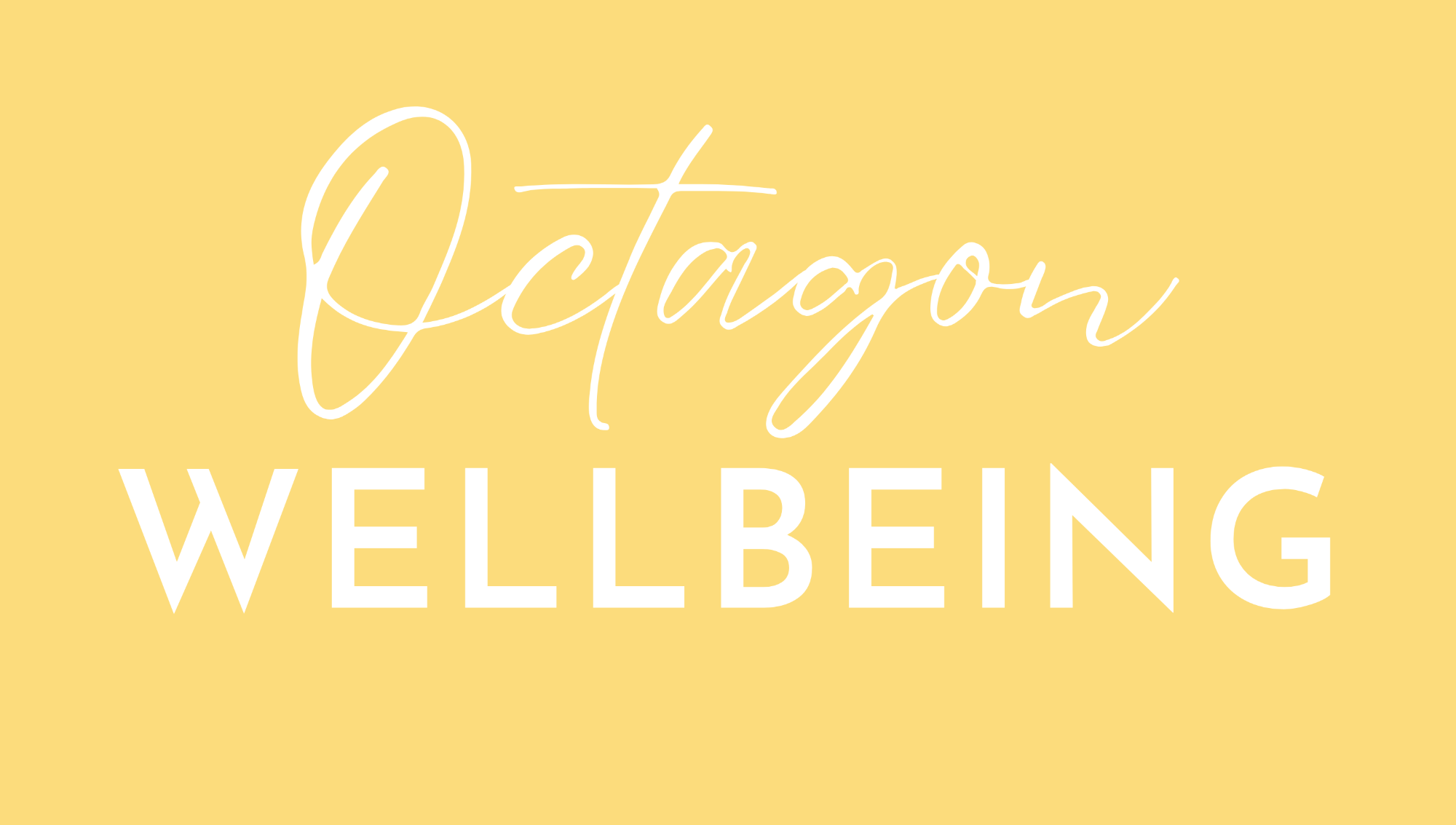Online hypnotherapy - what do I need?
Posted on
One of the great things about any online therapy is that it's so convenient. There's no travel time, no time spent looking for car parking spaces or walking to your appointment in the cold and rain and no missed appointments because you're traveling for work. You just need a few bits in place to make a hypnotherapy session work for you from virtually anywhere in the world.

Essentials for an online hypnotherapy appointment
A stable internet connection
A device with a camera and sound you you can see and hear your therapist.
Be able to avoid distractions. To get the most out of your therapy session you'll want to be able to focus on it and feel relaxed. You'll want to start with having a quiet place. Complete silence isn't essential, you'll be surprised how easy it is to ignore general traffic sounds ouside. However, if you're at home you might find it difficult to ignore conversations happening in the next room Likewise you'll want to be able to relax, you don't need to create a full zen garden style space but you might find sitting next to a pile of washing that needs sorting or a mountain of paperwork staring at your a distraction. Try and be somewhere you feel you can focus on your session.
Optional extras for an online hypnotherapy appointment
Be comfortable - with talking therapy a basic chair is ok but in hypnotherapy you'll probably want to relax a bit more so make sure you have somewhere comfortable to sit, a sofa, comfortable armchair or even on a bed with pillows to support you are good options.
A little extra time either side of appointment - Although one of the great things about online therapy is no travel time you might still want to have a bit of time before and after the session. If you work from home you might find you scheduled your hypnotherapy session in the middle of your day. This isnt a problem at all but if you're coming straight from a work meeting even just five minutes before your therapy session can help east the transition from work to therapy. Afterwards it's useful to take some time to reflect on what was discussed and what insights you gained and just enjoy the feeling of being calm and relaxed after hypnotherapy.
A blanket - Not essential but it might make your session more comfortable. You'll be sitting down for an hour so you'll want to make sure you don't get cold.
If you're looking to book an online session with me I offer online therapy appointments over Zoom or face to face appointments from my home in Ely in Cambridgeshire. Head over to my contact page to get in touch.
